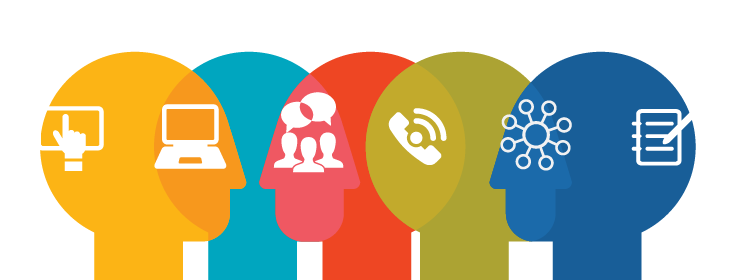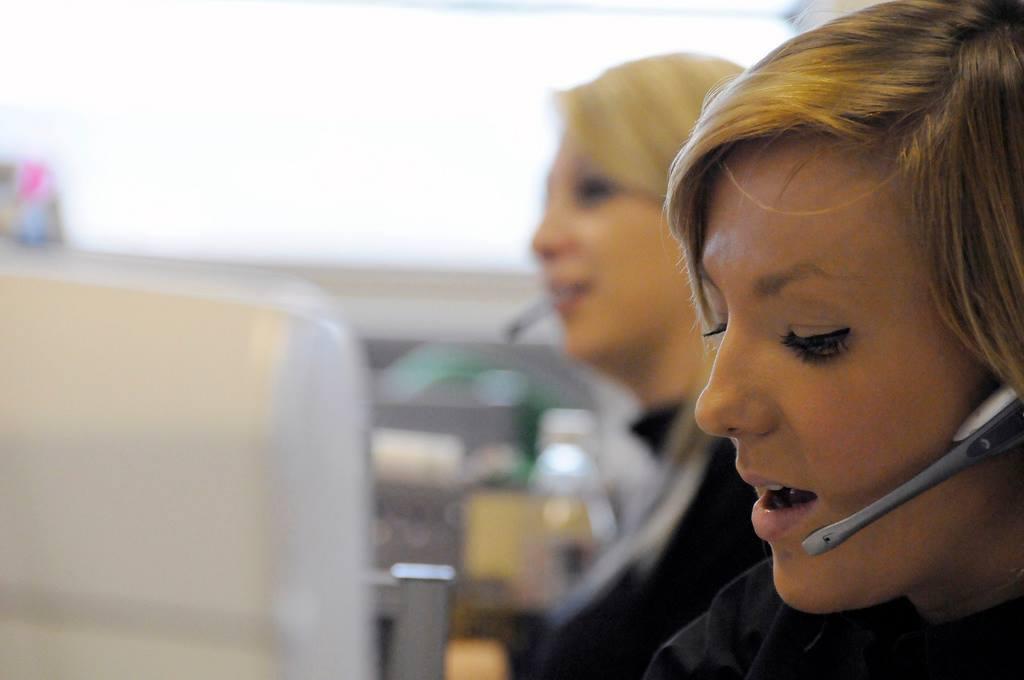One of the key things required to function properly as an adult human being is communication. It is required everywhere—from the local grocer to work meetings. Your life is as smooth as your communication to others is unambiguous. And for communication to be unambiguous, your thoughts need to clear. When this delicate domino set is kept intact, people generally do not have too many problems around the workplace. Here are some simple measures that can improve your interactions:
1. Become aware of how you communicate: Whether it is a text, email or a phone conversation, be conscious of how you speak and respond to your workmates, clients or just anyone you engage with professionally. Are you sounding defensive about your end of the assignment? Is your message seeming accusatory towards a teammate who is lagging? While getting work ticked off your checklist is a great feeling, you might not want to burn bridges along way. Rationalise others’ behaviour and seek to understand where they are coming from. Once you gain this understanding, your communication automatically becomes more empathetic.

2. Listen, listen, listen: More often than not, human beings at all stages of life tend to listen to answer more than to understand. It is easy to keep our pace of work in isolation from others and that is not good for teamwork. Listening to those around us and registering what is happening outside of us will break our bubble. When you listen, your inputs will match the next person’s need gap, making the interaction constructive. Not listening can lead to several issues by miscommunication, leading the overall work quality to suffer.

Source: www.communicatemagazine.com
3. Connect with people in the right places: Our biggest problem today is the abundance of options for everything. Having various modes of communication has become both a good and bad thing. One is either completely accessible or completely inaccessible. Make the effort to find out where people are the most available. Others will also extend the same courtesy then. If a colleague prefers emails over phone calls, write to them. Maybe email helps them to manage their work better than calls. The last thing you want to be is a deterrent to somebody else's work.
4. Be concise and direct: Many times when we are passing on information to others, be it client, customer or colleague, we might not filter fully, which leads to an overload. Work is smoother when people receive only the information that they need to work with. So, you need to gather your thoughts and relay only what is directly relevant to your client, customer or colleague. Being direct is also the best way to avoid confusion. If facts are not clear in your head, you are allowed to take a few minutes to practice everything you need to say, before you talk to somebody.

5. Face issues head-on: To err is human and erroneous situations clear up the fastest when mistakes are addressed directly. As professionals, we need to have a constructive approach towards mistakes, whether it is done by us or by someone else. This manner of addressing issues simultaneously ensures that the job gets done while helping maintain relationships. Each of us are hard on ourselves as it is, without reminders from outside. Showing compassion also builds a stronger team.
6. Build rapport along the way: There is a thin line between being too impersonal in our professionalism and becoming overtly casual with our co-workers. Where we draw the line ultimately falls on our better judgement. You can be friendly with people without making them feel uncomfortable. Slip in a comment about the weather to your customer or make mention of a new restaurant to your colleague over lunch. Research shows there is a lot of difference in the nature of work when people present themselves as approachable.
We can be the ones to put out happy vibes in our environment, whether professional or personal.